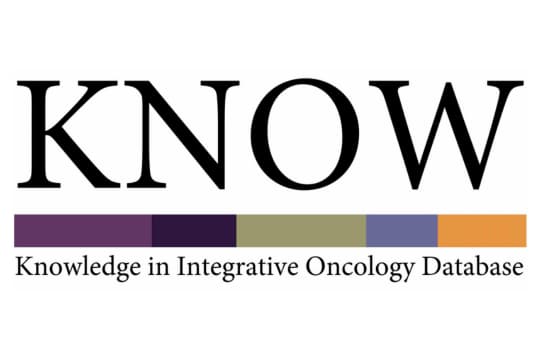Grapes and products made from grapes may promote body terrainthe internal conditions of your body, including nutritional status, fitness, blood sugar balance, hormone balance, inflammation and more factors known to be important in cancer, including better blood sugar and insulin levels and less oxidative stressan imbalance between free radicals and antioxidants in your body in which antioxidant levels are lower than normal; this imbalance can cause harmful oxidation reactions in your body chemistry.
Are you a health professional?
This section does not replicate the other information on this topic but provides additional details or context most relevant to professionals.
Preclinical evidence
Notable preclinical evidence is presented here; clinical evidence is summarized in How can grapes and grape extracts help you? What the research says ›
Resveratrol and grape seed extract suppressed colon tumor incidence in mice, similar to sulindac and without any gastrointestinal toxicity.1Reddivari L, Charepalli V et al. Grape compounds suppress colon cancer stem cells in vitro and in a rodent model of colon carcinogenesis. BMC Complementary and Alternative Medicine. 2016 Aug 9;16:278.
Grape seed extract and Leucoselect Phytosome (a standardized grape seed extract formulated with soy phospholipids) showed anticancer effects against human lung premalignant and malignant cells.2Mao JT, Smoake J, Park HK, Lu QY, Xue B. Grape seed procyanidin extract mediates antineoplastic effects against lung cancer via modulations of prostacyclin and 15-HETE eicosanoid pathways. Cancer Prevention Research (Philadelphia). 2016 Dec;9(12):925-932.
Helpful link for professionals

A subscription is required; access is free of charge for members of the Society for Integrative Oncology.
Keep reading about grapes and grape extracts
Learn more
Health professional comment
We invite health professionals to contribute expertise or send us questions.
"*" indicates required fields
References
